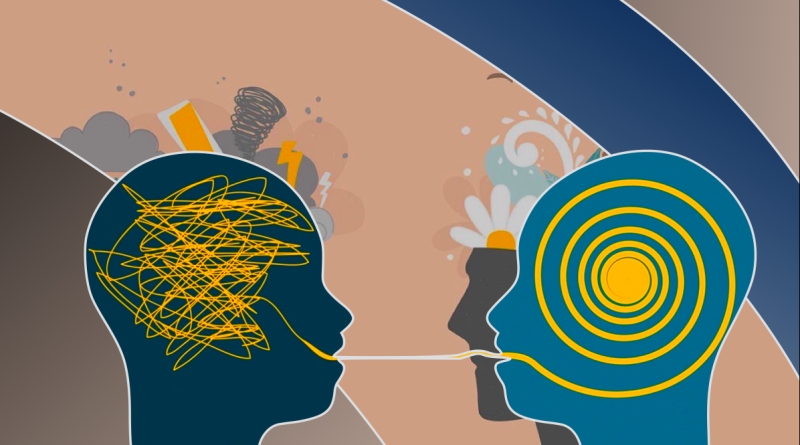Rational and Emotional in Buying Decisions
Buying criteria are consumers’ decision factors when choosing what to purchase. They refer to the specific requirements, features, or attributes that customers consider when evaluating and selecting a product or service. They encompass factors such as price, quality, functionality, brand reputation, and customer service that influence the customer’s decision-making process. These factors help people decide what to purchase. For businesses, understanding what matters to their customers is important to maximize revenue. By knowing what people care about, companies can make products and ads that better match customers’ wants, leading to more sales and happier customers.
Rational Criteria
These are the logical, straightforward factors that consumers consider. They include things like price point, quality, and functionality. Rational buying criteria are the logical, objective reasons a buyer uses to make a purchase decision. These criteria are based on facts, data, and practical considerations rather than emotions or personal preferences.
Here are common *rational buying criteria*:
- *Price* – Is the cost reasonable and within budget?
- *Quality and durability* – Will it last? Is it well-made?
- *Performance* – Does it meet the technical or functional requirements?
- *Return on Investment (ROI)* – Is it worth the money long-term?
- *Efficiency* – Will it save time, money, or resources?
- *Compliance* – Does it meet legal or industry standards?
- *Product specifications* – Does it match exact size, capacity, compatibility, etc.?
- *Warranty and service agreements* – What protection or support comes with it?
For instance, a customer looking to buy a vacuum cleaner might focus on how much it costs, how well it cleans the floors and carpets, and how energy-efficient it is. Rational criteria are often about getting the best value for money and making a practical choice that meets specific needs.
Emotional Criteria
Emotional factors are based on feelings rather than logic. These might include how a product makes someone feel, such as happy, secure, or proud.
In buying decisions (whether consumer or business), emotional criteria refer to the feelings, personal values, and subjective preferences that influence the decision, *beyond just facts or logical reasons*.
Even when people believe they’re making purely rational choices, emotions often play a huge role.
Some examples of emotional criteria in buying:
- *Trust*: “Do I trust this brand or salesperson?”
- *Status*: “Will this product make me look successful?”
- *Security*: “Will I feel safe and reassured with this choice?”
- *Belonging*: “Does this purchase connect me with a group I admire?”
- *Pride*: “Will I feel proud owning or using this?”
- *Excitement*: “Does this make me feel energized or happy?”
In contrast, rational criteria would be things like price, features, durability, etc.
In short, emotional criteria tap into how a product makes someone feel rather than what it does.
For example, someone might choose a particular brand of telephone not because it’s the most affordable or highest quality, but because using it makes them feel fashionable or part of a specific group.
Emotional buying criteria often relate to personal identity, status, or the experience of using the product.
Here’s a simple comparison between *rational* and *emotional* buying criteria:
| Rational in Buying | Emotional in Buying |
| Price / Cost | Brand prestige or status |
| Product quality | Personal attachment or identity |
| Performance / Specs | Fear of missing out (FOMO) |
| ROI / Value for money | Desire for comfort or luxury |
| Warranty / Guarantee | Peer influence / social proof |
| Efficiency / Time saved | Emotional connection to a brand |
| Compliance / Safety | Feeling of trust or security |
For a example:
Buying a car:
– Rational: Fuel efficiency, safety rating, maintenance cost.
– Emotional: How it makes you feel driving it, the brand’s image, color or design.
Most real-world purchases involve *both* types of criteria.
To learn more about psychology of business, feel free to contact us to join our trainings and courses



